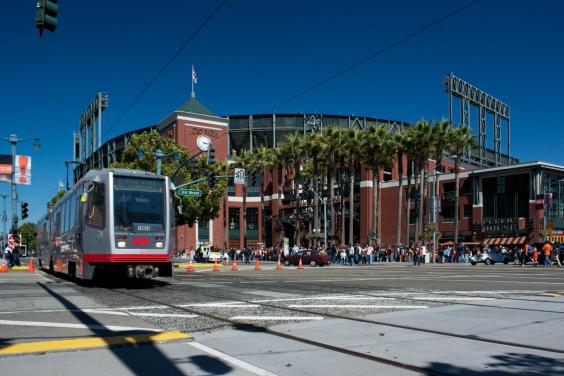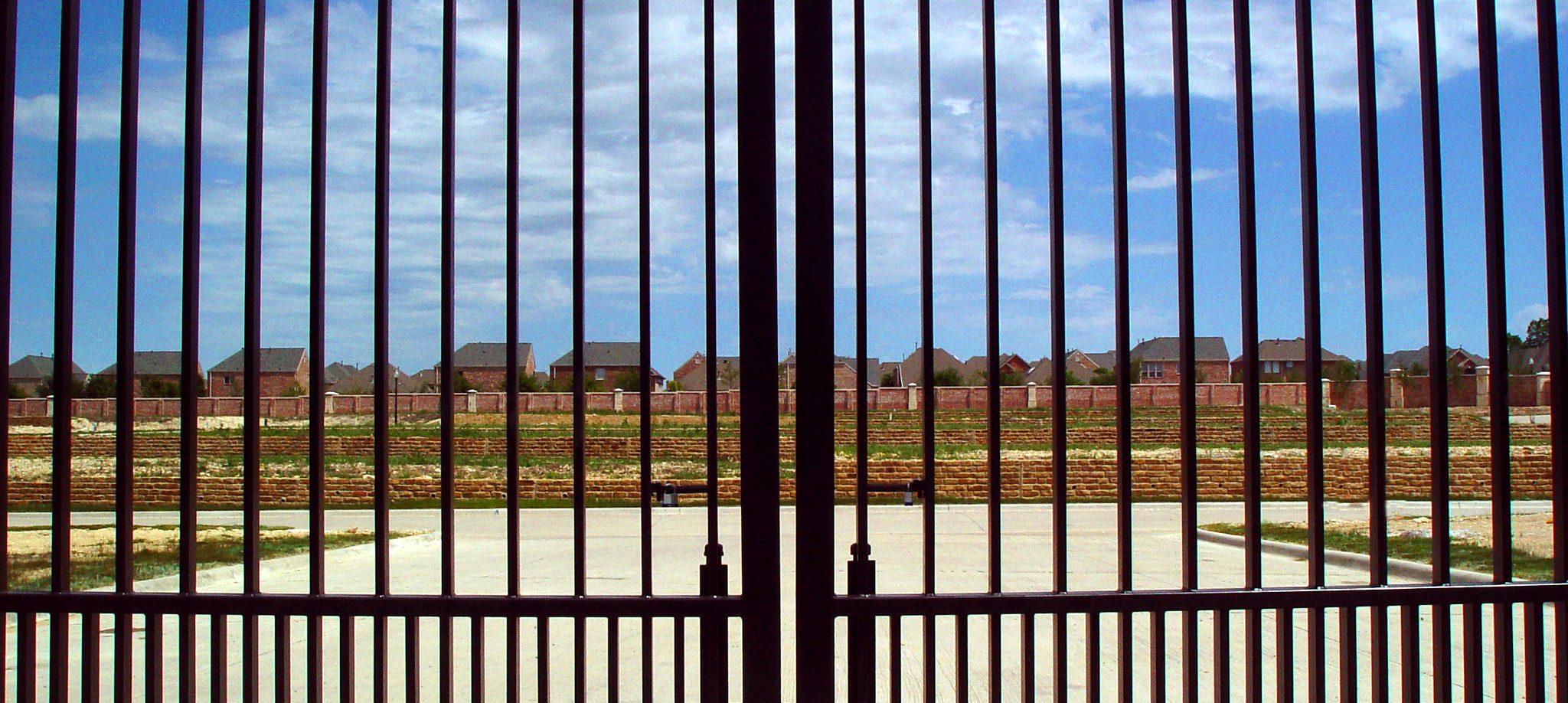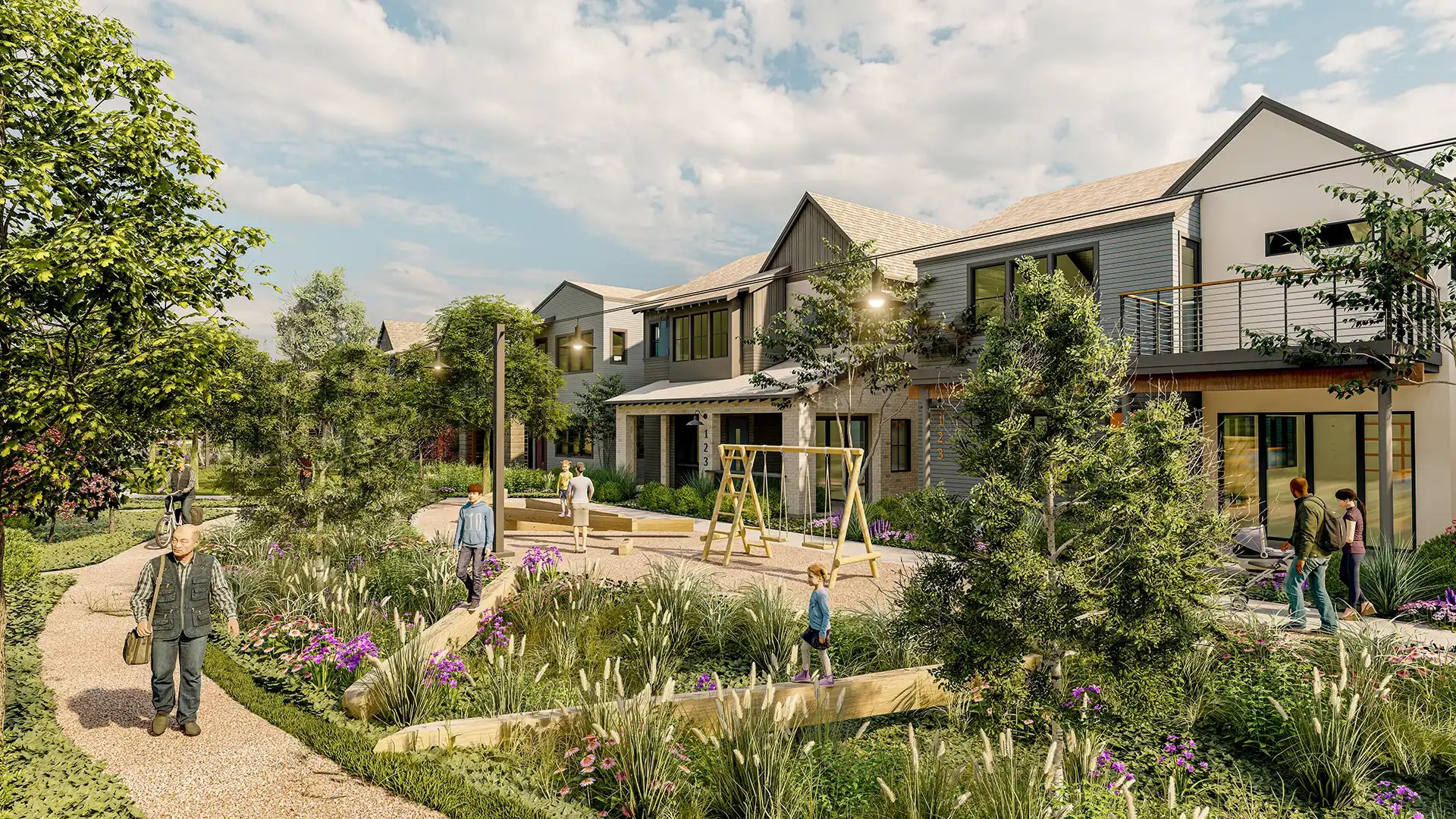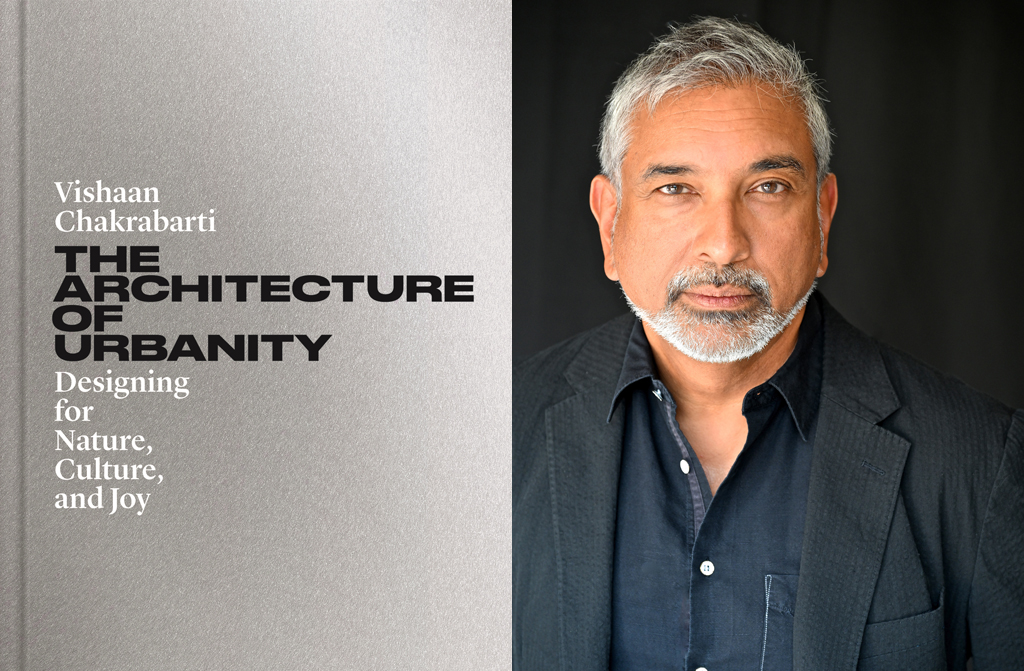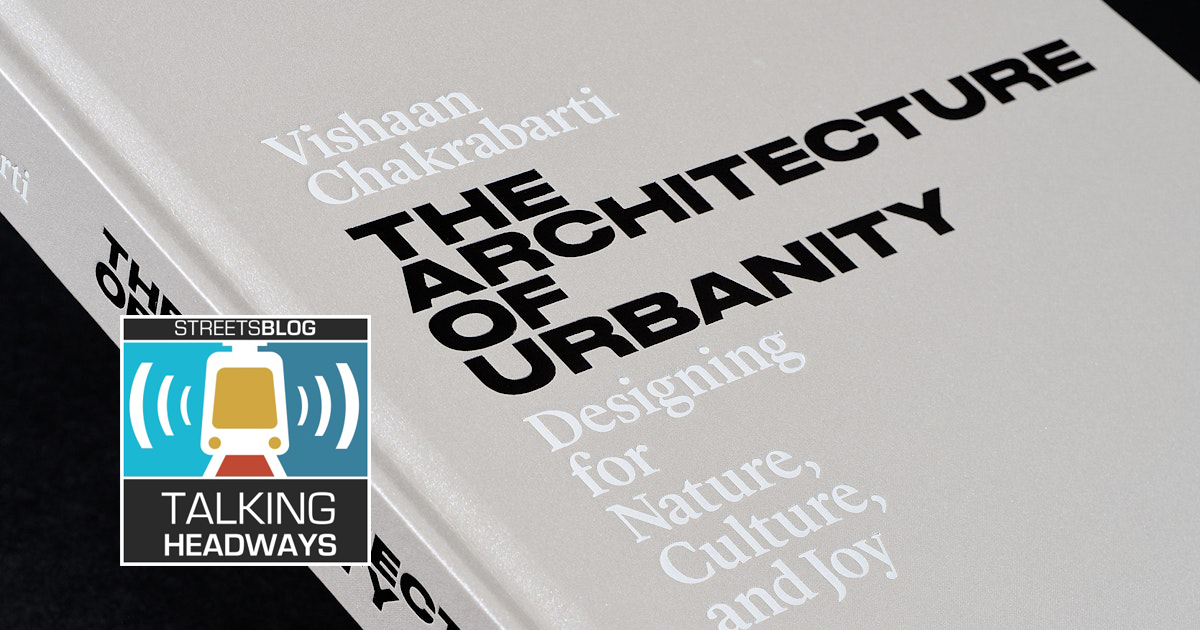Urban Design
Friday Video: The Ingredients of a Truly Great Street
This short film offers a recipe for a great right of way, and a wealth of inspiration for communities to design for people.
Form-Based Codes Mean More Sustainable Cities
New research shows that prioritizing building "form" over their use leads to more sustainable cities.
The Single Most Important Element In Creating Good Cities
A lot of U.S. cities are getting their "right of way" all wrong — and urbanists can help by getting to know this poorly-understood concept.
Giants, Padres Race Ahead of Other Teams on Bike/Transit Access
The Dodgers might be the defending MLB champs, but in our view they have miles to go on bike and transit options to the stadium.
Do Women and Caregivers Need More From The ‘Mobility Hub’?
It's one of the buzziest planning concepts around. So why is there so little research on how well "mobility hubs" work for women and caregivers?
How America Can Reconnect Its Neighborhoods Before the Next Climate Catastrophe
America is replete with sprawling, disconnected neighborhoods that send residents out of their way by design. A new study explores just how bad it is — and what we can do about it.
How the 17th-Century ‘Mews’ Could Make 21st-Century Suburbs More Walkable
A new development in Texas is repurposing an old idea to make constant driving optional.
The 2024 Streetsblog Gift Guide For Sustainable Transportation Advocates Who Love to Read
The previous 11-plus months have been epic for urbanism-related books. Why not buy a few for the advocates on your holiday list?
‘Rage Against the Machine’: The Daily Toll of Cars in 18 Images
In this excerpt from "The Architecture of Urbanity: Designing for Nature, Culture, and Joy," author Vishaan Chakrabarti gives a powerful visual breakdown of how car dependency impacts our places.
Talking Headways Podcast: The Architecture of Urbanity
Vishaan Chakrabarti on goldilocks density, defining urbanity, the ennui of young architects and much, much more.



